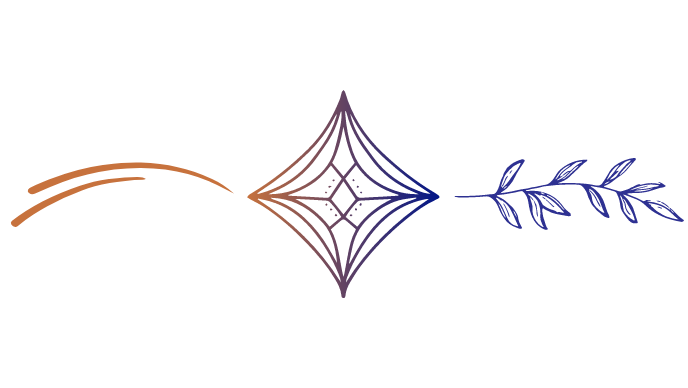Celebrate Diversity emails share events and resources related to recognition days, heritage months, and spiritual seasonal observances as a part of Emerson’s commitment to celebrate all forms of diversity in our community. The content is crafted by staff partnering across the Social Justice Collaborative, Marketing & Communications, Campus Life, and Internationalization & Equity.
Our first email of the 2024-2025 academic year notes many meaningful religious, spiritual and faith-based traditions that are observed and celebrated during the fall.

Multifaith Observance Resources
We also remind you of the Multifaith Observance Google Calendar that can be synced to your personal account. The Multifaith Observance Google Calendar displays information on important religious and spiritual dates, as well as restrictions to note when planning campus events, course deadlines, meetings, or programs. The detailed spreadsheet list of these dates is also available at Multifaith Holidays through Academic Year 2027. This resource from the Center of Spiritual Life, based on resources from Harvard Divinity School, provides vital information. Please remember that our Religious Observance Policy exists so that holidays can be recognized wholly by members of our community.
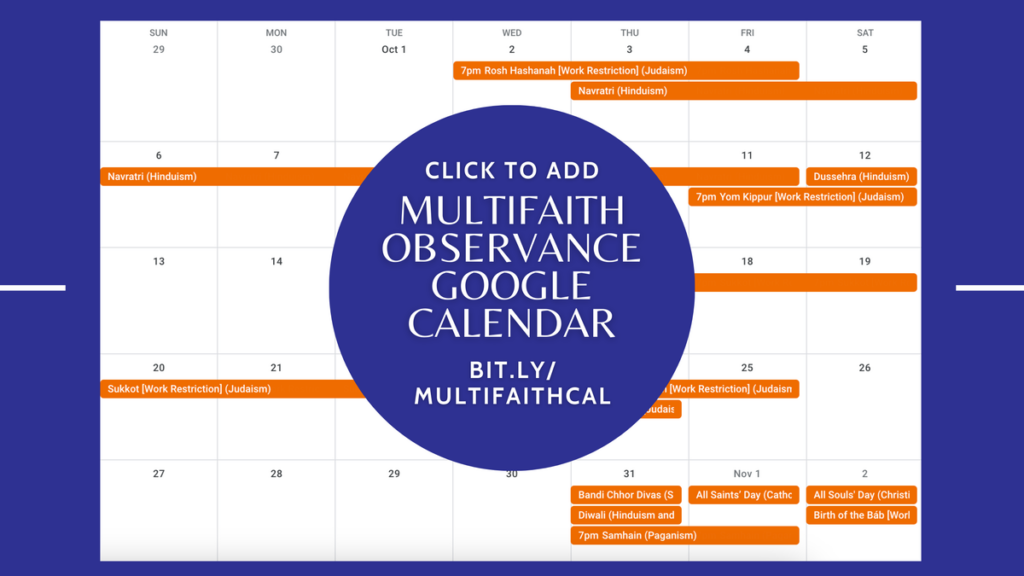
Wishing all Emersonians joy as we start the new academic year.
September, October, November
During the months of September, October, and November, many important times of worship, celebration, and observance are held among many faiths, cultures, and traditions. We encourage you to learn more below, and consider what personal or community practices you might want to engage with during this season of change.
Ganesh Chaturthi, September 7
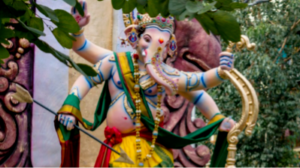
- Also called Vinayaka Chavithi
- Hindu festival celebrated for 10 days every year.
- Learn More: The Times of India: Ganesh Chaturthi 2024: Date, City Wise Shubh Muhurat, Rituals and Significance
Birth of the Prophet Muhammad, Mawlid Al-Nabi, September 15-16
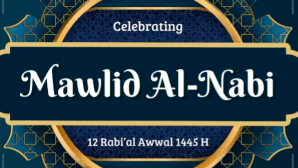
- Celebrated by Muslims with festivals, prayer services, recitations of poetry and litanies, as well as religious gatherings.
- Learn More: The Pluralism Project, Birthday of the Prophet Muhammad: Mawlid al-Nabi
Mid-Autumn Festival, September 17
- A major holiday in China, celebrated by Buddhist, Taoist, East and Southeast Asians.
- Also known as Moon or Mooncake Festival.
Autumn Equinox, September 22
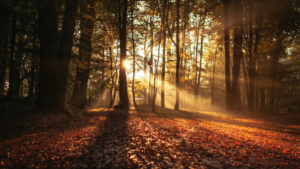
- Also known as Mabon, a Pagan spiritual observation of the changing of seasons.
- The sun crosses the celestial equator and day and night are nearly equal in length.
- Learn More: All About Mabon: The Autumn Equinox.
Rosh Hashanah, Evening of October 2 – October 4
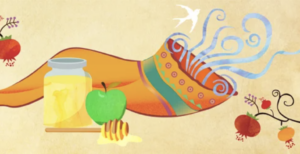
- Jewish New Year.
- Celebrated with feasts, candle lighting, and blowing the Shofar, a rams horn, which has many symbolic meanings.
- Learn More: Rosh Hashanah 101.
Yom Kippur, Evening of October 11 – October 12
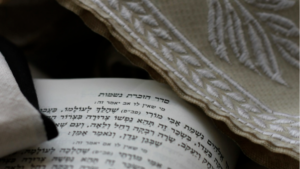
- Jewish Day of Atonement, holiest day of the year.
- 25-hour period of fasting and prayer.
- Learn More: Yom Kippur 101.
Dussehra, October 12
- Also known as Vijayadashami, a major Hindu celebration, marking the end of Navratri, a nine-night festival.
Sukkot, Evening of October 16 – October 23

- One of the three great pilgrimage festivals of the Jewish year.
- Named after the huts (sukkot in Hebrew) the Israelites lived in during their 40 years in the desert after slavery in Egypt.
- Learn More: Sukkot 101.
Diwali, October 31 – November 1
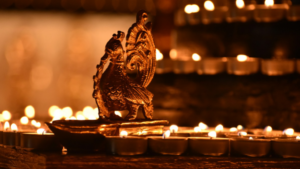
- Known as the Festival of Lights.
- Celebrated by Hindus, Sikhs, Jains.
- Learn More: Ten Fabulous Facts About Diwali!
All Saints’ Day and All Souls’ Day, November 1 and November 2
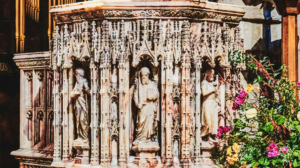
- Catholics observe All Saints Day for the saints without a yearly feast day.
- Christians observe All Souls’ Day in remembrance of relatives, friends, and strangers who are no longer living.
- Learn More: All Saints Day & All Souls Day.
Birth of the Báb and Birth of Bahá’u’lláh, November 2 – 3

- Twin holy days: the birth of the Báb (Arabic: the Gate) and birth of Bahá’u’lláh (Arabic: Glory of God), two figures of the Baha’i faith.
- Learn More: The Birth of the Báb and Baháʼu’lláh.
